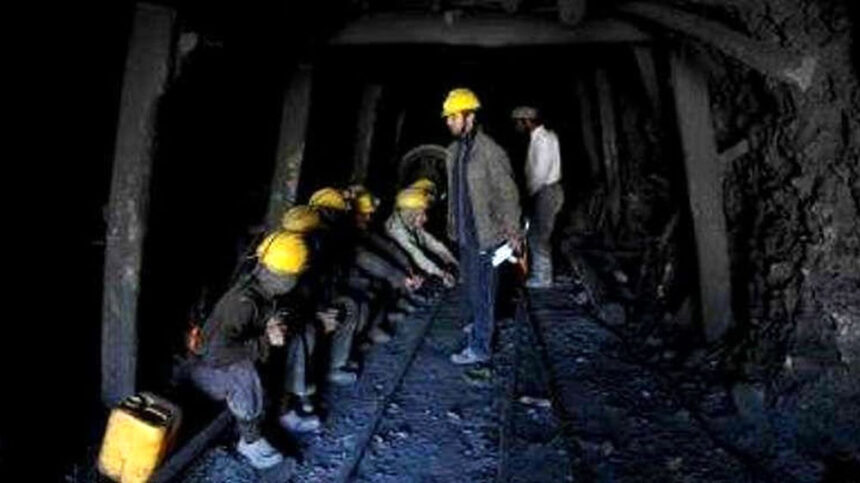RASC News Agency: A fatal explosion at the Karkar coal mine in Afghanistan’s northern Baghlan province has left six workers dead and twelve others seriously injured, local sources report. The blast occurred on Monday in one of the mine’s active extraction shafts, underscoring the growing human cost of the Taliban’s reckless and unregulated control over the country’s natural resources. Mawlawi Abdullah, the Taliban-appointed head of the Karkar mine, confirmed the incident and stated that the wounded have been transported to nearby medical facilities. However, no specific information has been released regarding their current condition. Preliminary investigations into the cause of the explosion are reportedly underway, but given the Taliban’s opaque governance structure and lack of accountability, observers remain skeptical about whether any meaningful inquiry or reform will follow.
The Karkar mine, located in the Pul-e-Khumri district, is one of Afghanistan’s largest and most historically significant coal sites. For decades, it has supplied vital energy resources, but it has also long suffered from poor safety conditions, outdated infrastructure, and chronic technical failures. Under Taliban rule, these problems have deepened as state institutions have collapsed and regulatory oversight has all but disappeared. Since the Taliban’s return to power in August 2021, control of many of the country’s mining operations has been transferred to regime-linked companies and entities operating under opaque arrangements. While coal extraction has expanded often marketed by the Taliban as a symbol of “economic progress” this expansion has come at the direct expense of worker safety and human dignity.
The group’s mining policies prioritize short-term gains over sustainable practices. Miners work in perilous conditions with little to no training, primitive tools, and no protective equipment. Safety protocols are virtually non-existent. Experts say such conditions would be considered criminally negligent in any functioning state. But in Taliban-controlled Afghanistan, they are the norm. This latest incident is part of a broader and disturbing pattern. In recent years, dozens of miners have died in similar accidents across provinces including Samangan, Bamiyan, Balkh, and Baghlan. Most of these deaths have been linked to avoidable hazards methane gas explosions, tunnel collapses, and mishandling of outdated or improvised explosives. In each case, the Taliban’s failure to enforce even minimal safety standards has turned Afghanistan’s mines into open-air graves for the country’s poorest and most desperate.
Civil society groups and labor rights defenders have repeatedly raised the alarm, warning that Afghanistan’s mines have become “death traps” for impoverished workers. Trapped by economic desperation and stripped of legal protections, these laborers are forced to risk their lives deep underground for meager wages, with no medical insurance, no job security, and no channels for legal recourse. Yet the Taliban continues to ignore these warnings. Instead of investing in industrial safety or establishing competent regulatory bodies, the regime has exploited the country’s mineral wealth for political leverage, patronage distribution, and revenue extraction. In many cases, profits from these dangerous operations are funneled into the Taliban’s internal networks, while the workers who extract the coal are left injured, disabled, or dead with no compensation, no inquiry, and no justice.
The explosion at the Karkar mine is not merely a tragic accident it is a damning indictment of the Taliban’s systemic failure to govern responsibly. It reflects a regime that has prioritized ideological consolidation and economic opportunism over human lives, operating a shadow economy on the backs of Afghanistan’s most vulnerable. As long as Afghanistan’s mines remain under Taliban control, and as long as international actors fail to demand accountability, the body count will continue to rise silently, needlessly, and with impunity.






